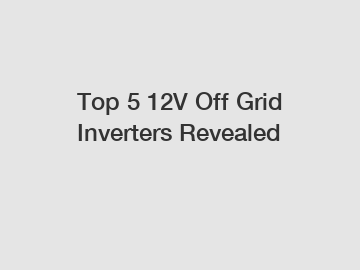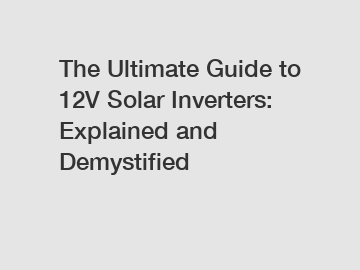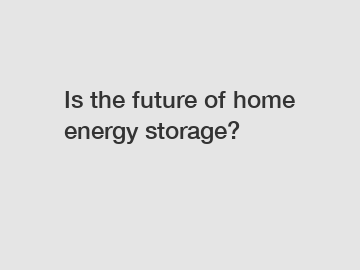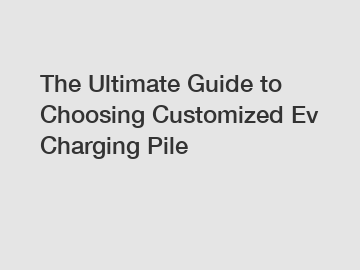Solar Panels Powering Homes: Cost Evaluation
Mar. 04, 2024
With the increasing focus on renewable energy sources and the growing awareness of environmental sustainability, solar power has emerged as a popular choice for homeowners seeking to reduce their carbon footprint and energy bills. However, determining the number of solar panels needed to power a house and assessing the cost-effectiveness of solar installations can be complex tasks.
Calculating Solar PanelRequirements: The number of solar panels required to power a house depends on several factors, including the household's energy consumption, geographic location, roof orientation, and the efficiency of the solar panels. The first step in this calculation is to determine the household's average daily energy consumption in kilowatt-hours (kWh). This can be obtained from utility bills or by using online calculators.
Next, the solar insolation level of the location needs to be considered. Solar insolation refers to the amount of sunlight received per square meter over a specific period, typically measured in kWh/m²/day. This information helps estimate the amount of energy that can be generated by solar panels in a given area.
Once the energy consumption and solar insolation level are known, the size of the solar panel system can be calculated. Solar panels are typically rated in watts (W) or kilowatts (kW), and their output depends on factors such as efficiency and shading. By dividing the household's daily energy consumption by the average daily solar insolation, one can estimate the size of the solar panel system needed in kilowatts.
For example, if a household consumes 30 kWh per day and the average daily solar insolation in their area is 5 kWh/m²/day, then a 6 kW solar panel system may be sufficient to meet their energy needs (30 kWh ÷ 5 kWh/m²/day = 6 kW).
Explore more:Energy
How does the BIPV system work?
The Future of Solar Roof Tiles: Upcoming Technologies and Trends
22kW Three-Phase EV Charging - Is It Worth It?
What is a lithium battery used for?
11kW EV Chargers Guide: Comprehensive Expert Insights
OEM vs ODM – Understanding the Difference
Assessing the Cost-effectiveness: While solar power offers numerous benefits, including reduced electricity bills and environmental sustainability, the upfront cost of solar panel installation is a significant consideration for homeowners. The cost of solar panels varies depending on factors such as system size, panel efficiency, installation complexity, and local incentives or rebates.
In recent years, the cost of solar panels has decreased significantly due to technological advancements, economies of scale, and government incentives. Additionally, financing options such as solar leases and power purchase agreements (PPAs) have made solar installations more accessible to homeowners, allowing them to pay for solar systems over time with little to no upfront costs.
To determine the cost-effectiveness of solar panel installation, homeowners should consider the long-term savings on electricity bills, the return on investment (ROI), and any available incentives or tax credits. Online solar calculators and consultations with solar installers can provide valuable insights into the financial implications of going solar.
Determining the number of solar panels needed to power a house and evaluating the cost-effectiveness of solar installations requires careful consideration of various factors, including energy consumption, solar insolation, system size, and upfront costs. While the initial investment in solar panels may seem daunting, the long-term savings and environmental benefits can make solar power a wise investment for homeowners looking to reduce their carbon footprint and energy expenses. By understanding the calculations and cost considerations involved, homeowners can make informed decisions about harnessing the power of the sun to meet their energy needs.
4 Key Pieces of Advice to Choose a Modern Solar Wall Sconce Exporter
10 Questions You Should Know about Sourcing Screwfix Outdoor Solar Wall Lights
Key Questions to Ask When Ordering Solar Powered Outdoor Wall Light Fabrication Up & Down
Why Switch to a DIY Solar Fan?
Is it worth buying the top solar panel converter at its current price?
Everything You Need to Know About 5kw Inverters
48v Solar Inverter: Your Guide to Maximizing Efficiency and Savings
298
0
0
Previous: How does the BIPV system work?
Next: None
Related Articles











Comments
All Comments (0)